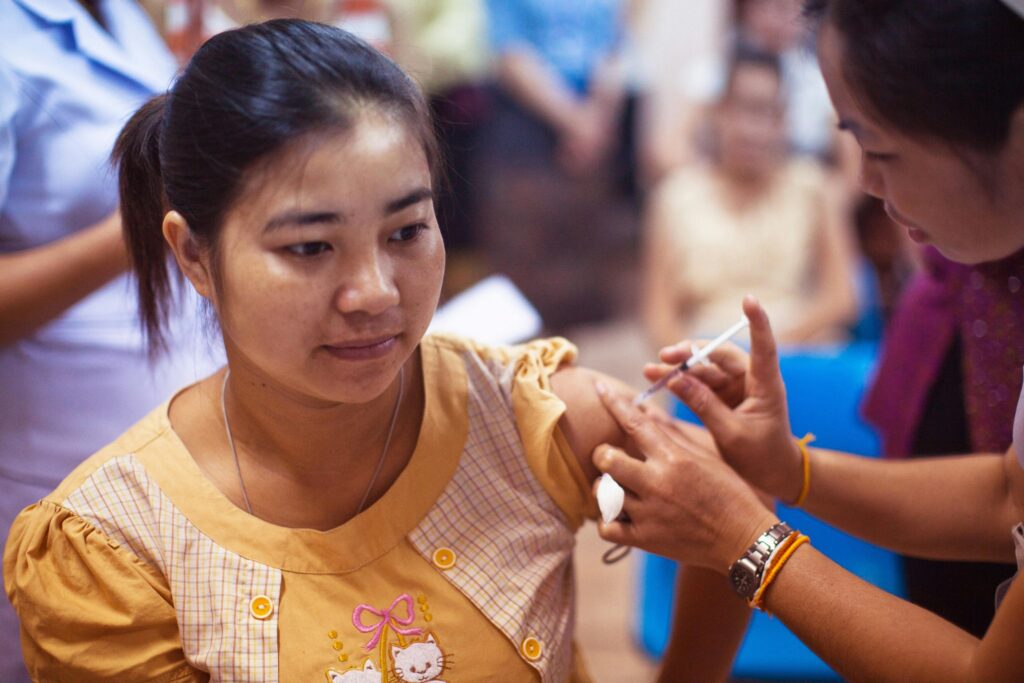How Adults Over 50 Can Safeguard Against RSV This Winter
A Critical Look at Respiratory Syncytial Virus (RSV) in Older Adults
For many years, Respiratory Syncytial Virus (RSV) was primarily discussed in the context of pediatric health, known for its severe impact on infants. However, a growing body of evidence, highlighted by experts like Leonard Friedland MD, VP Director at GSK North America, confirms that this common, contagious viral infection poses a significant and often underestimated threat to Seniors and adults over the age of 50.
As the flu season approaches, bringing with it a host of seasonal illness threats, it is crucial for older adults to understand their risk and take proactive steps toward RSV prevention.
The Hidden Risk: Why RSV is Serious for Adults Over 50
RSV is more than just a bad cold. It is a serious respiratory illness that infects the lungs and breathing passages. While a healthy adult might experience mild, cold-like RSV symptoms, the infection can be debilitating and life-threatening for those over 50, particularly those with underlying health conditions.
The primary reason for this increased vulnerability is the natural weakening of the immune system with age, a process known as immunosenescence. This makes it harder for the body to fight off the virus and increases the risk of the infection progressing to severe complications like pneumonia or exacerbating existing conditions.
Key Risk Factors for Severe RSV Infection in Adults:
Age Group | Underlying Conditions | Increased Risk |
75 and Older | All individuals in this age group | High |
50-74 | Chronic Obstructive Pulmonary Disease (COPD) | High |
50-74 | Asthma | High |
50-74 | Chronic Heart Failure (CHF) or other heart disease | High |
50-74 | Diabetes | High |
50-74 | Weakened immune system | High |
The Impact: Statistics and Personal Stories
 The statistics underscore the severity of the threat. Each year in the U.S., approximately 177,000 adults 65 and older are hospitalized due to RSV, and an estimated 14,000 of those cases result in death.
The statistics underscore the severity of the threat. Each year in the U.S., approximately 177,000 adults 65 and older are hospitalized due to RSV, and an estimated 14,000 of those cases result in death.
The experience of a severe RSV infection can be physically and mentally draining, as shared by Carole Stanford, a 55-year-old senior athlete with asthma and a participant in the National Senior Games. She initially mistook her illness for the flu, but the reality was far more severe. Her recovery was prolonged, taking eight weeks to regain strength, highlighting how RSV can truly sideline even active older adults from the things they love. This is the core message of the SidelineRSV health education campaign.
Safeguarding Your Health: Prevention is Key
 Currently, there is no specific RSV treatment or cure; care is supportive. This makes virus prevention and proactive family health strategies absolutely critical.
Currently, there is no specific RSV treatment or cure; care is supportive. This makes virus prevention and proactive family health strategies absolutely critical.
- Vaccination: The Most Powerful Tool
Dr. Friedland emphasizes that vaccination is a crucial tool to reduce the risk of severe illness and hospitalization. Adults 75 and older, as well as those 50-74 with underlying medical conditions, should discuss the available RSV vaccine with their healthcare provider. This is the single most effective step you can take to protect yourself this winter.</.li>
- General Virus Prevention and Health Tips
Beyond vaccination, general health tips for preventing the spread of respiratory syncytial virus are essential, especially during flu season:
- Hand Hygiene: Wash your hands frequently with soap and water for at least 20 seconds.
- Avoid Contact: Try to avoid close contact with people who are sick.
- Clean Surfaces: Regularly clean and disinfect frequently touched surfaces.
- Cover Your Cough: Practice good respiratory etiquette by covering your cough and sneezes with a tissue or your elbow.
- Stay Home When Sick: If you develop symptoms, stay home to prevent spreading the virus to others, especially to vulnerable family members.
 Talking to Your Doctor
Talking to Your Doctor
The most important step in safeguarding your health is to have an open conversation with your doctor. Use the following points as a guide for your discussion:
- Assess Your Risk: Discuss your age and any underlying conditions to determine your personal risk level for severe RSV.
- Ask About Vaccination: Inquire about the RSV vaccine and whether it is recommended for you.
- Review Symptoms: Understand the difference between RSV, flu, and COVID-19 symptoms, and when you should seek medical advice.
By taking these proactive steps, adults over 50 can significantly reduce their risk of being sidelined by RSV this winter and continue to enjoy an active, healthy life.
Listen on Podcast
Did you like your experience?
Please leave us a Testimonial HERE if you have a Google account.
Your word helps get our word out to more people.
Thank you in advance!!


